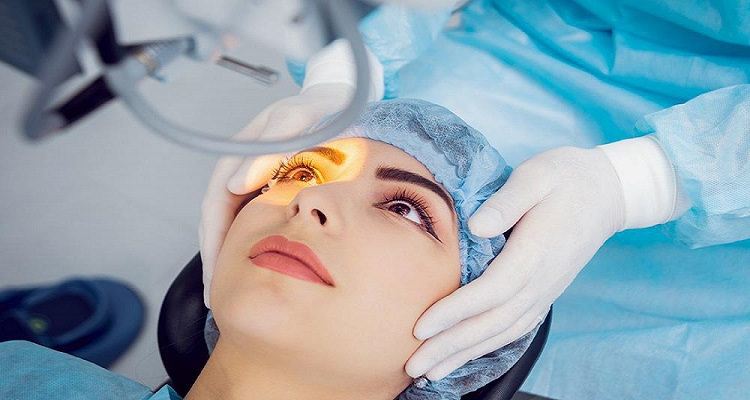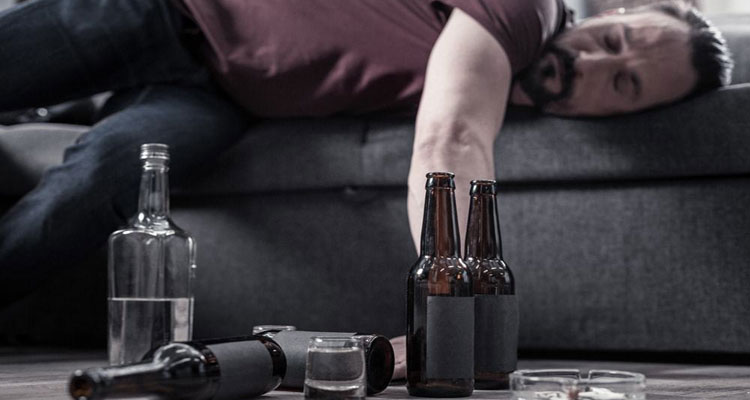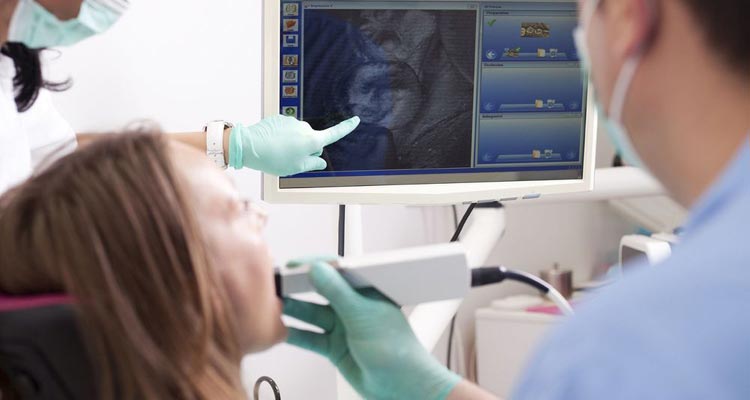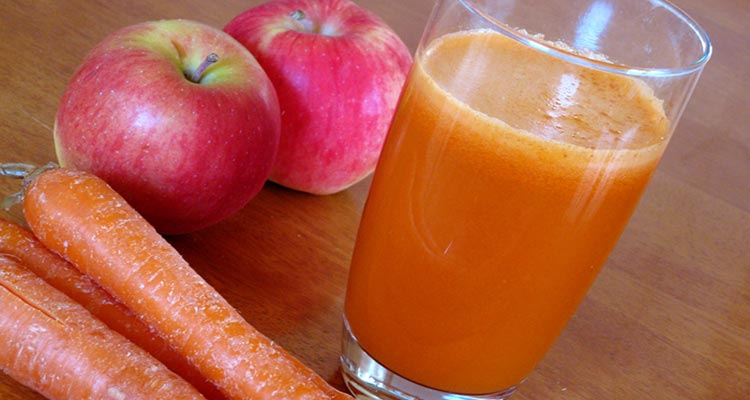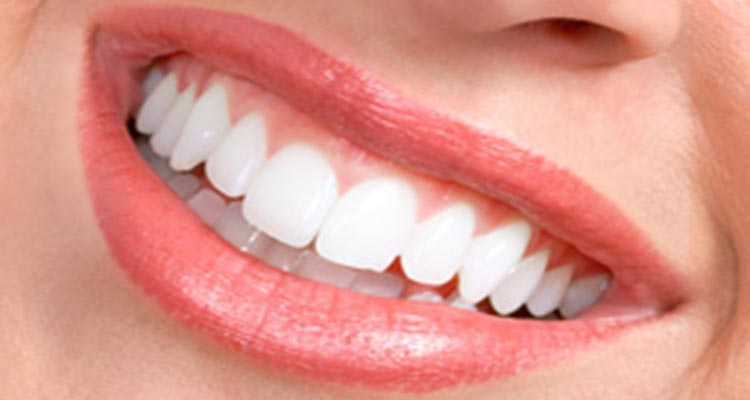While sitting in a dentist chair may be the last thing you feel like doing, it’s worth mentioning that it could be a whole lot worse. Your minor discomfort with root canals, fillings, and other procedures, is a mere pinprick to what dental care used to be like. We’ve included a few examples below.
Fillings
In Tuscany, a pair of 13,000-year-old incisors were found which showed signs of dental work. Each tooth had a hole in the centre which meant a type of filling had featured within it. While nowadays you would receive an anesthetic to remove damaged or infected teeth pulp, the owner of those two teeth would have had the pulp scraped out with a sharpened rock or similar utensil and no pain relief.
But the process itself is not the most concerning part, but the filling materials itself. Found in the holes of the tooth were vegetable fibres, hair, and bitumen – used to resurface roads. It’s clear to see dentists have come a long way in their approach to fillings.
No Anesthetic
During the most straightforward procedures like fillings, dentists offer anesthetics to make sure the patient is as comfortable as possible. After all, we strive for a pain-free experience. However, it wasn’t always like this. If you were to get a filling or your tooth extracted, you would have to grin and bear it. As a result, many people waited for their teeth fall out opposed to going through that pain.
However, during the 19th century, and even the middle ages, it was known that tooth extraction could alleviate pain and discomfort someone was experiencing. But, there was no dentist profession, so no dentists. If you wanted your teeth to be extracted, you would go and see your barber or in some cases, your doctor.
Read More




